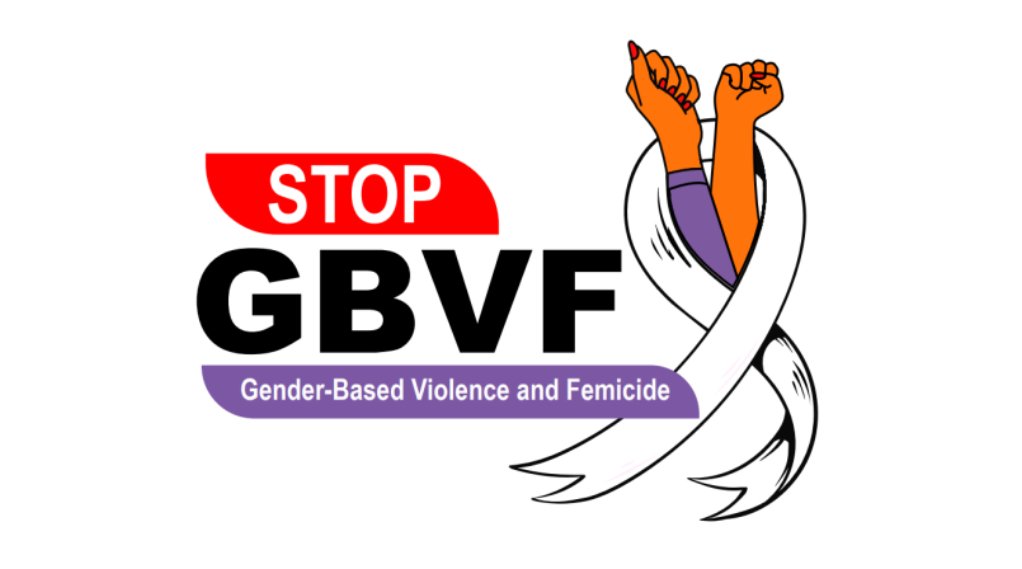South Africa’s rape crisis remains one of the most devastating issues confronting our society today and one of the most prevalent crimes that can go unreported. With over 14 000 cases reported in the Oct 2024 to Dec 2024 period according to the release of crime statistics for the 3rd quarter of 2024/2025 a South African Police Service report recorded 9 057 counts of rape. It revealed that 63.1%, or 5 711 counts, took place within the residential premises of the perpetrator or that of the victim, or at the homes of people either known by the victim or perpetrator, such as a family member, friend, or neighbour.
History and observation have taught us that women’s safety is not guaranteed and needs to change. Not in schools, not in police stations, not on the streets, and not even in our own homes are we guaranteed safety.
What we are witnessing over the years is a deeply embedded culture of violence, perpetuated by patriarchy and norms that suggest that men own women’s bodies and should put them in their place. Such a violent culture strips young girls, women, queer persons, and sometimes men of their dignity.
The uncertainty and the feeling of not being safe that is bestowed upon survivors is an ongoing disservice that they deal with daily in South Africa. It leads to fewer reports being made because of stigma, fear, and the “what are people going to say” syndrome. The treatment of those who are brave enough to speak out is heartbreaking because it halts change.
Cheryl Zondi, one of the key witnesses in the high-profile case against Nigerian pastor Timothy Omotoso, gave a chilling yet powerful testimony about the trauma she endured — not only from the abuse itself but also from the justice system and society. Her words speak to the very heart of what rape culture means in South Africa: a society where victims are forced to relive their pain in courtrooms, where they are scrutinised more than the accused, and where the system often seems more invested in protecting perpetrators than in seeking justice.
Zondi expressed her deep frustration:
“I’m extremely disappointed. I’m furious. This has been eight years of not just my life, but all of the witnesses involved... We took it upon ourselves to go through a humiliating process to have our dignity stripped from us in public, to be called names, and have all sorts of fabrications spread about us online. Our lives have never been the same since coming out about this.”
Her statement shows what it feels like to be on the other side to be fighting for your life even after speaking out about the abuse. She reveals how much the justice system continues to fail us. When will abusers be held accountable? When will we ever see change? Zondi continues:
"We put our lives on the line. We did everything. We spoke the truth. But we have been failed... He’s not going to stop. It’s in his nature. And I feel that this is kind of enabling to him.”
Behind every number is a woman, a child, or a man whose voice may never be heard because of fear, shame, or mistrust in the justice system.
Rape culture thrives in silence and denial. It lives in the jokes we laugh at, the questions we ask victims ("What were you wearing?"), and the ways we allow power and patriarchy to protect predators. It lives in courtrooms that drag trials out for years, forcing survivors to relive their trauma again and again.
As a society, we need to ask ourselves: Why are women constantly having to prove that they were violated? Why do we make it so hard for victims to seek justice? Why are the lives of survivors seen as collateral damage in the defence of powerful men?
Cheryl Zondi’s story is just one among many. The courts have silenced Zondi and the many women who looked closely at the case, the many who saw themselves in Cheryl. All the voices have been shut down. Many may hesitate to report their cases, believing the justice system is indifferent to their plight. In one way or another, we have all been silenced.
Until then, the question remains — how many more lives will be shattered before we change?
Written by Makhosemvelo Mthembu, Communications Officer of the Southern Africa Litigation Centre
EMAIL THIS ARTICLE SAVE THIS ARTICLE ARTICLE ENQUIRY
To subscribe email subscriptions@creamermedia.co.za or click here
To advertise email advertising@creamermedia.co.za or click here











